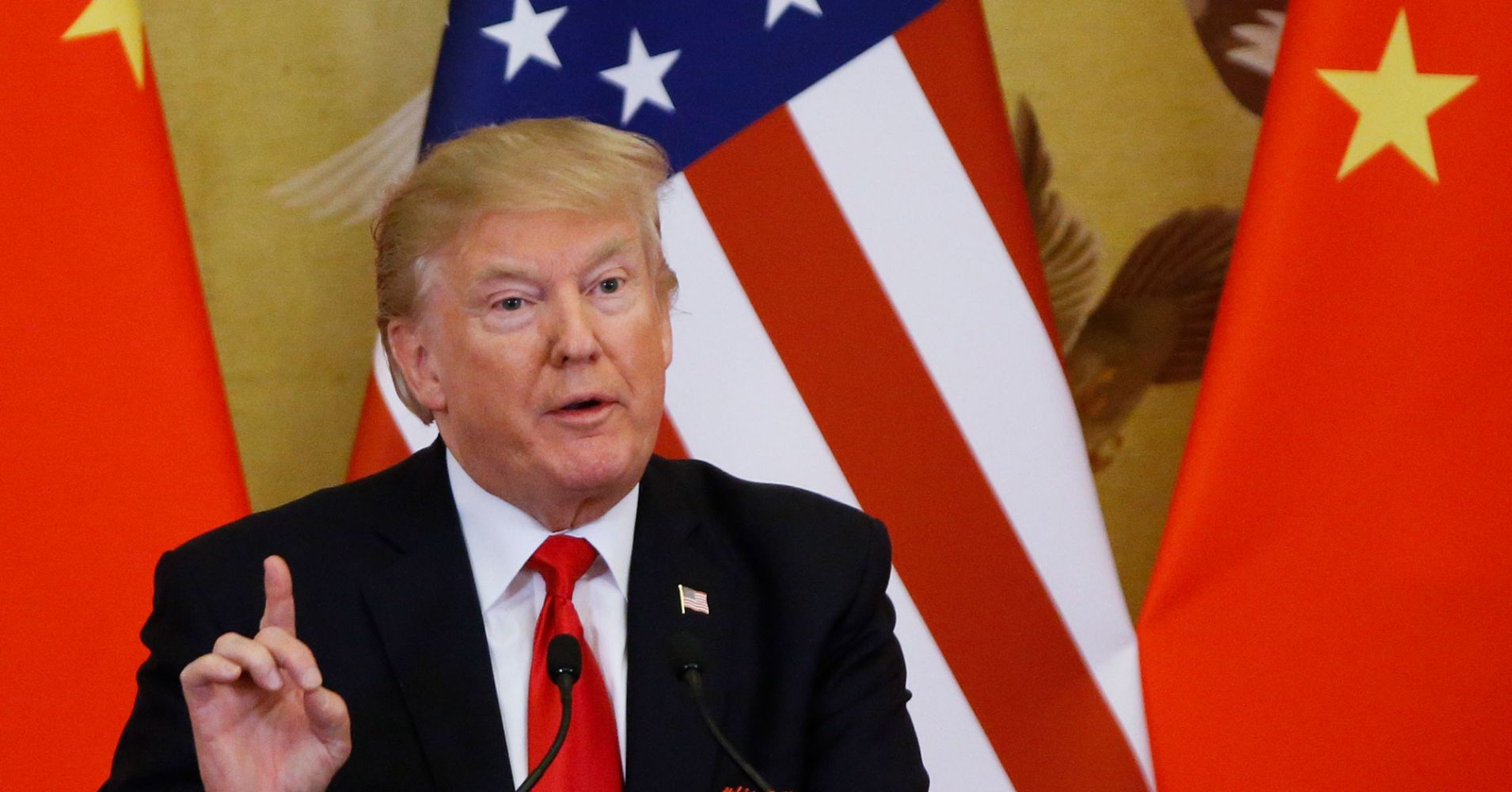The White House won’t be looking to block companies with at least 25 percent Chinese ownership from buying certain U.S. tech-related companies.
Instead, the government will rely on the newly strengthened Committee on Foreign Investment in the United States to deal with concerns about foreign purchases of sensitive domestic technologies, a senior administration official said Wednesday.
In all, the measures the administration announced were less harsh than proposals floated earlier in the week, providing relief to markets that continue to worry about the threat of a global trade war.
“The issue of protecting technology is very important,” Treasury Secretary Steven Mnuchin told CNBC.
More trade controversy erupted this week after news reports Monday that President Donald Trump was looking to step up efforts to safeguard U.S. technology that would include blocking the purchase by companies with heavy Chinese ownership from buying American firms. Statements from the White House generated fears the restrictions would become global.
The administration has sought to stop Chinese companies from allegedly stealing intellectual property, and intends to institute a series of tariffs while the issue is addressed.
The Senate on Tuesday overwhelmingly adopted changes to how CFIUS operates, beefing up the committee’s authority to assess threats against U.S. business, with tech a focus.
“We will have the necessary tools to protect investments, whether it’s China or anybody else,” Mnuchin said. “We are not singling out China, but we will protect technology transfer to China as we will to other important areas.”
Mnuchin said the committee has broader powers on several levels, including the ability to block some joint ventures. Under the previous authority, if a Chinese-owned company tried to acquire a U.S. company, it could be blocked but then could form a joint venture that could not be blocked. That will change “if it is critical technology,” Mnuchin said.
Markets had worried that the U.S. was going to institute sweeping bans that might stifle investment and escalate a global trade war.
Stock futures, which previously indicated a lower open on Wall Street, turned positive as the news broke.
The CFIUS-related legislation, called the Foreign Investment Risk Review Modernization Act, passed the House by a 400-2 margin.
While the statements Wednesday pointed to a less restrictive environment than markets had feared, Mnuchin said the U.S. nevertheless will take a tough stand when it comes to protecting technology.
“We’ve been very aggressive,” he said. “There were cases in the previous administration that most likely were passed that if we had reviewed we probably would have taken a much more aggressive view on. But the purpose of this legislation is that there are areas that we can protect.”
In a statement, Trump said the upgraded CFIUS “will enhance our ability to protect the United States from new and evolving threats posed by foreign investment while also sustaining the strong, open investment environment to which our country is committed and which benefits our economy and our people.”
“I have concluded that such legislation will provide additional tools to combat the predatory investment practices that threaten our critical technology leadership, national security, and future economic prosperity,” Trump added.
In addition to the committee’s involvement, Commerce Secretary Wilbur Ross also will be involved in examining export controls.
The move comes as the U.S. has been engaged in a series of trade skirmishes as tariffs are readied for July 6 implementation. Mnuchin is overseeing the process as CFIUS chair.
The Treasury secretary said the decision to rely on the committee came late Tuesday and was unanimous. Multiple reports indicated that the issue over how to regulate foreign investment in U.S. companies generated deep division in the White House, particularly between Mnuchin and Peter Navarro, a top economic advisor to Trump.
Mnuchin also said that the latest move was not in reaction to the wobbling in financial markets that has come during the latest round of trade-related headlines.
— With reporting by CNBC’s Kayla Tausche.


 Signal2forex.com - Best Forex robots and signals
Signal2forex.com - Best Forex robots and signals




